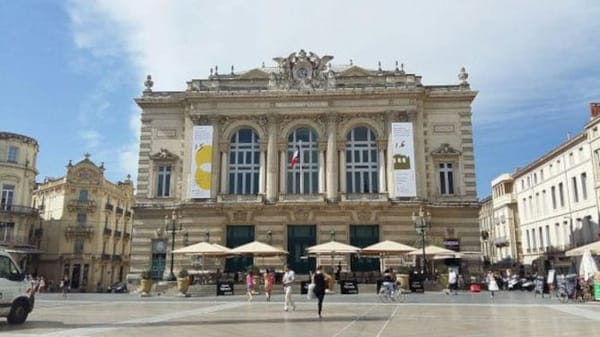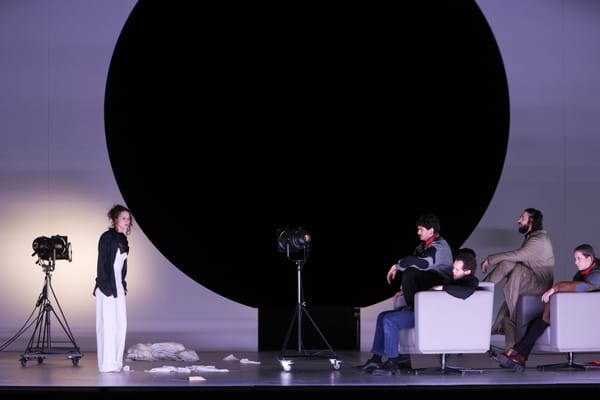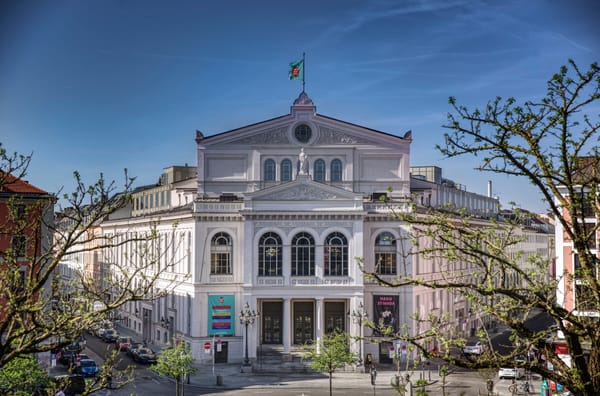Saffron Waldon, Saffron Hall, DUNEDIN CONSORT - Handel in Rome, IOCO Kritik, 11.04.2023
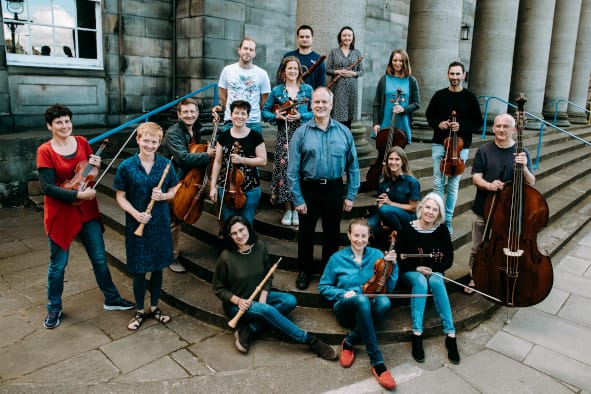
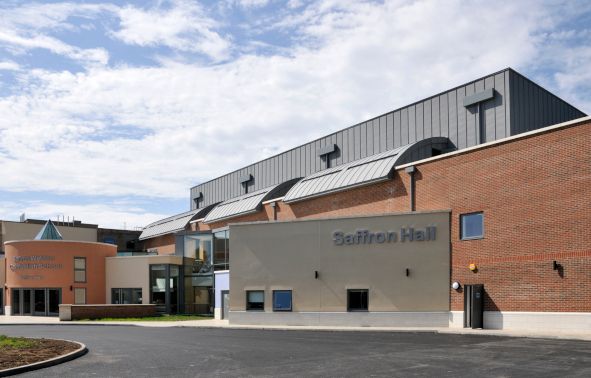
Dunedin Consort - Handel in Rome (Händel in Rom)
- directed by Matthew Truscott - Nardus Williams, soprano -
by Janet Banks, IOCO
Opera, but not quite: During Handel’s (Händels) stay in Italy (1706-09), Pope Clement XI banned operatic performances, and the ambitious young composer Handel had to confine his dramatic writing to secular cantatas. The Dunedin Consort’s "Handel (NB Händel) in Rome" programme included two of these, Ero e Leandro and Tra le fiamme, which show how he was sharpening his dramatic tools for the operatic stage.
Fresh from the Wigmore Hall in London, Edinburgh-based early music band the Dunedin Consort, on March 30, 2023 joined by rising operatic star Nardus Williams, concluded a four-concert tour at the award-winning Saffron Hall in Essex, England, which celebrates its 10th anniversary this year 2023.

The 730-seat performance space has a unique story – an anonymous £10m donation to Saffron Walden County High School, a State (non-fee-paying) secondary school, resulted in the building of a world-class concert hall which doubles up as a school hall and community venue for workshops and masterclasses with local schools and a thriving music therapy project for those with dementia. The link to the community was further emphasised by an additional item to the programme when the well-drilled and fresh-voiced school chamber choir joined the Dunedin Consort for a sprightly chorus from Semele.

In Ero e Leandro, Hero discovers the body of her lover on the beach, washed up after a storm and, after much lamenting and one last kiss, plunges to her death in the sea. Nardus Williams sang with exceptional poise, confining expression entirely to facial features and her voice – her arms stayed always relaxed by her side. But expression there was aplenty in her rich lower notes and flexibility at the top of her range – one felt she was entirely in control of her voice and could get it to do whatever was needed. Repeats were sensitively ornamented and she drew the audience in with her ever softer pianissimos in "Si muora" (Let me die).
It was a pleasure too to witness the playing of the 16-strong Dunedin Consort, the upper strings standing throughout, directed by the dynamically delicate and elfin-bowed Matthew Truscott. In the two purely instrumental works, the Overture from Admeto and the masterpiece of a Concerto grosso, Op.6 No.6, the strings’ bow coordination, not just in term of direction, but in length of stroke and pressure, was remarkable, as was the amazing range of nuance and textures they conjured from this music.
Lead cellist Alison McGillivray switched to viola da gamba and shared centre stage with Williams in the second-half cantata, Tra le fiamme, with some breathtaking virtuosity as her bow flew through the air, imitating the beating wings of Icarus and the waves of the sea. Undulating oceans and emotions also found solo instrumental voice in Ero e Leandro, in what felt like a virtual triple concerto for voice, violin and cello.
Both halves of the concert concluded with more devout arias which suited Williams’ poise and the Passiontide context beautifully – the audience was rapt for Tu del Ciel from Handels Il trionfo del Tempo e del Disinganno, as Truscott’s fine thread of violin sound wove in and out of the vocal line, while Mary Magdalen’s Per me gia di morire from La Resurrezione soared to even greater expressive heights.
The lilting Siciliano from another cantata from Handel’s Roman years, Aminta e Fillide perfectly rounded off this evening of exceptional music- making.


